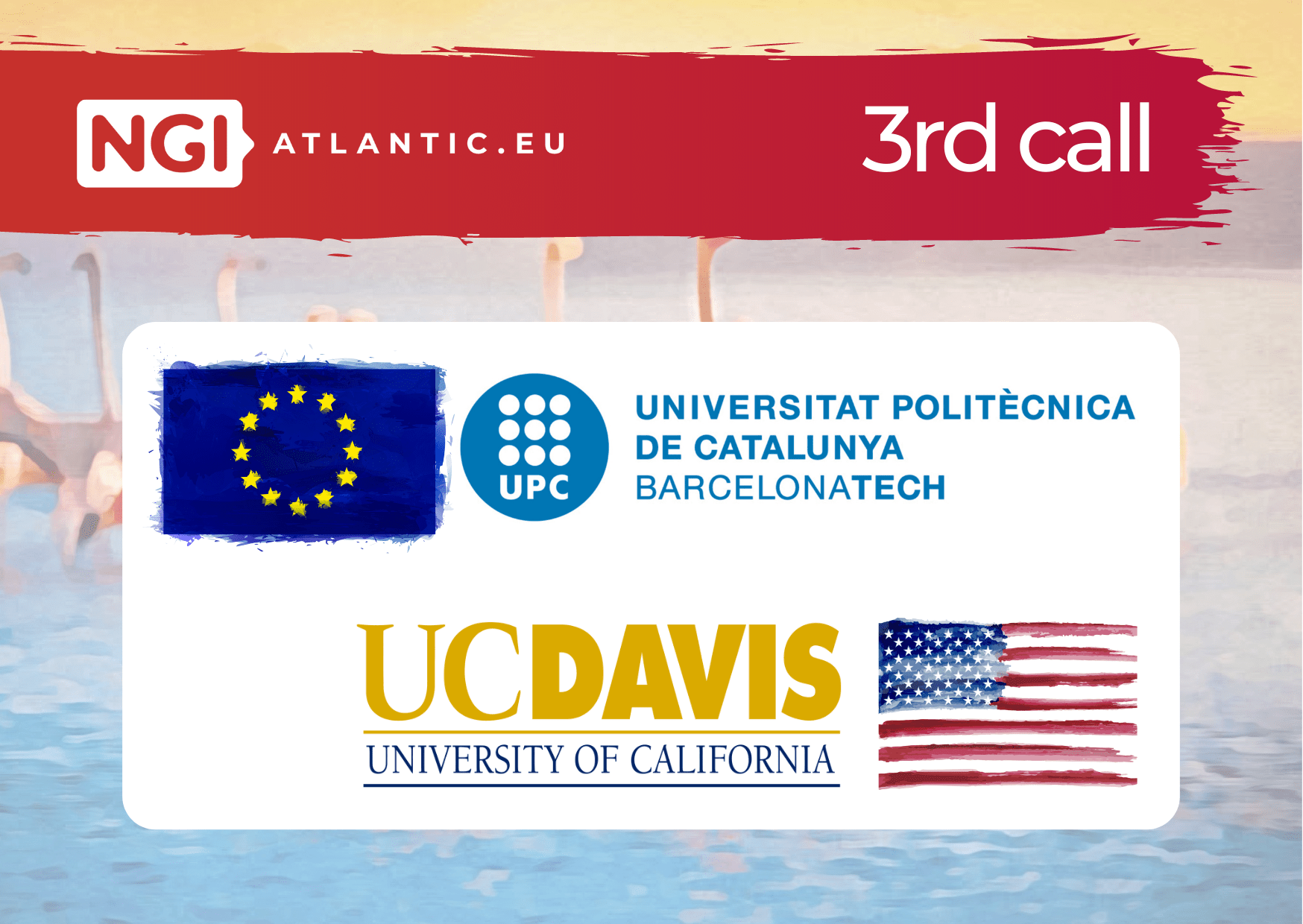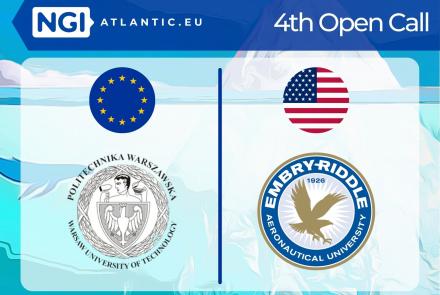Assesment of Fast Quantum Key Distribution
A novel Quantum Key Distribution (QKD) method that includes an Artificial Intelligence (AI) -based polarization distortion compensator module (named Fast QKD) is to be experimented on, in a testbed at UCDavis California.
ProjectID
NGI-ATLANTIC:OC3-275
Acronym
EAFQKD
Additional Info
One of the most fundamental QKD protocols is BB84, which uses single polarized photons as qubits. Polarized photons passing through a fiber between quantum transmitter (QTx) and quantum receiver (QRx) might be distorted in case of fiber movement affect the State of Polarization (SOP), which deteriorates the Key exchange rate.
QKD relies on properties of quantum mechanics, which enables eavesdropping detection and guarantees the security of the key. Among QKD systems, polarization encoded QKD has been successfully tested in laboratory experiments and recently demonstrated in closed environments. The main drawback of QKD is its high cost, which comes, among others, from: a)the requirements for the quantum transmitters and receivers; b) the need of carefully selecting the fibers supporting the quantum channel to minimize the environmental effects that could dramatically change the polarization state of photons. The expected impact of the Fast QKD method is in facilitating the deployment of QKD systems to provide long-term data protection in a post-quantum world, by reducing its cost. On the one hand, some hardware specifications of the QTx can be relaxed as SOP imperfections can be corrected by the QRx, whereas on the other, the hardware design of the QRx can be simplified and rely on software.
Enduser Relevance
Quantum Key Distribution (QKD) is being used to enhance security between trusted users. The proposed Fast QKD method increases the effective key exchange rate more than 15 times in simulation, and demonstrates QKD performance in real scenarios.
Contact
Luis Velasco, (Universitat Politecnica de Catalunya)
Endorsements
Not available yet
Disclaimer
This experiment is currently underway.
Country: Spain United States
NGI Project: NGI atlantic
Status: Early research demo
Category: Software engineering, protocols, interoperability, cryptography, algorithms, proofs






